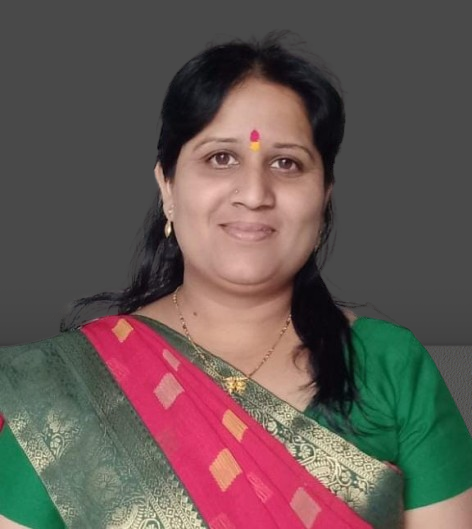Our Mindset Episode 3
After a little while, his aunt (mother’s brother’s wife) and brother-in-law arrived with the buffalo. There was a cowshed behind the house for the animals.
Tied the buffalo there, and Mami said, “Dada, come here! Let’s see if the buffalo recognizes you while you milk her.”
That buffalo was old, elderly. She had been there since the time my husband came to live there as a child. He used to milk her back then. But as they say, sometimes a mute animal is better than a human. It remembers and recognizes.
The buffalo just turned back and looked at him once. Then she quietly stood still.
Mami let out a sigh of relief, as the problem of milking the buffalo morning and evening was now solved. She filled a kettle with the little milk that was left and handed it to me, asking me to make tea.
“Today, feed the buffalo, give her water, clean the house thoroughly, tidy up everything properly. From tomorrow, we need to focus on the farm work — the corn crop is ready to harvest. Let’s call the women and get the corn husked,” — their discussion was going on like this.
I was only half-listening to whatever reached my ears. After having tea, the three of them headed to the fields. I wrapped up the cooking, had my meal, and then went to the water tank to fetch water for cleaning the house.
In the nearby field across from me, ten to twelve women had come to weed the jowar crop. They were looking at me and saying something among themselves.
With one water pot on my head and another resting on my waist, I was carrying water along the road. People passing by would slow down their vehicles and stare at me. When something is new, we tend to observe it more keenly—and that’s what was happening with me. I was glancing around as I fetched water. Children were playing on the platform under the babhul tree.
After about an hour of fetching water, I sat down on the cot, tired and exhausted.
One of the women who had come to weed the field was waving her hand and calling out to me, “Hey, Dada’s wife, come here!”
Everyone there used to call my husband “Dada.” His full name was Dadasaheb.
I too loved talking to people. I always spoke with everyone cheerfully. But I was new there, wasn’t I? I hadn’t gotten to know anyone yet. And I’ve always had the habit of speaking the truth.
I went over to those women. As soon as I reached them, a flurry of questions started coming at me all at once.
“What’s your name? Where’s your maternal home? How far did you study? How many kids do you have? When did you get married? Do you know farm work like we do? And you’re so beautiful—how did your parents agree to give you to him?”
One woman even asked me, “Do you eat mutton?”
I said, “Yes.”
To that, she said, “No, no! That’s not what I meant—I was asking if you eat beef, meat from big cattle?”
